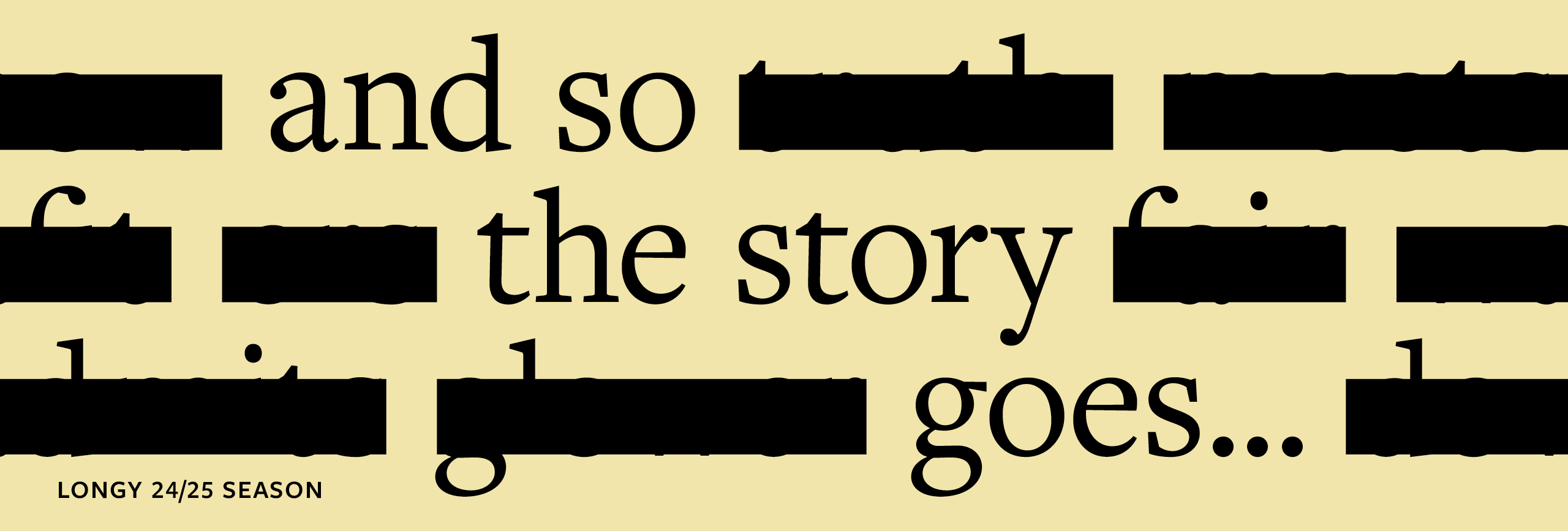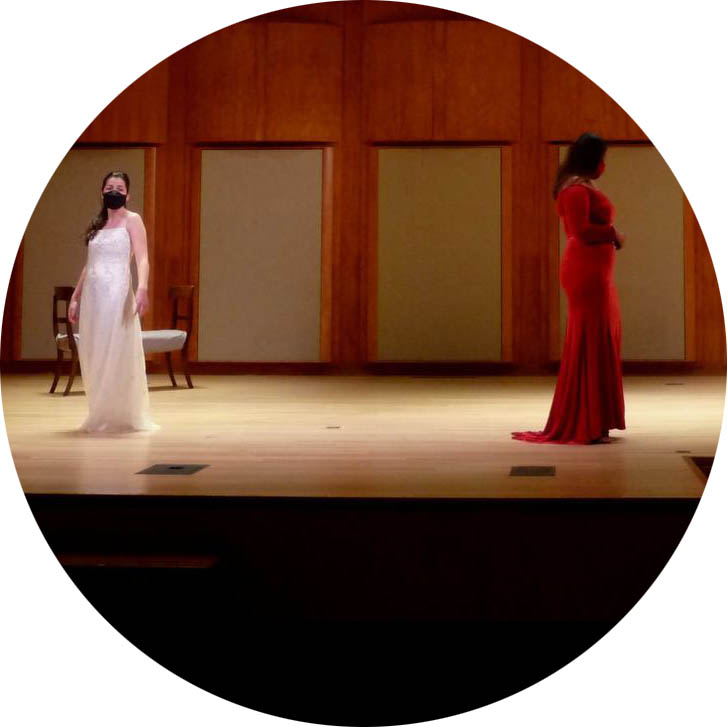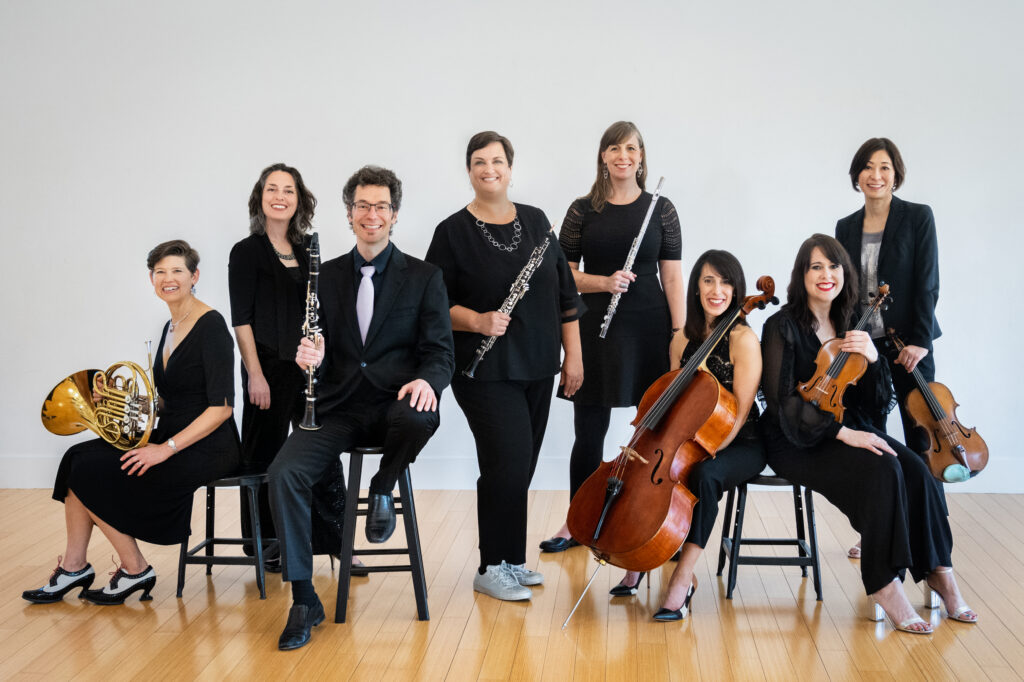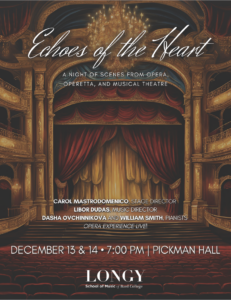This performance is in associated with Longy’s course, ‘Fear No Danger’: Presenting a Baroque Masterpiece in 2023
In tandem with The Boston Camerata’s touring production of Dido and Aeneas, this course focuses not only on the opera itself but its history, social significance, and the intricacies of its production. It will also allow students to work alongside The Boston Camerata, as performers and crew members, for their March 2023 performance at Longy.
The Boston Camerata occupies a unique place in the densely populated universe of European and American early music ensembles. Camerata’s distinguished rank stems partly from its longevity: founded in 1954, when the field of endeavor was in its infancy, as an adjunct to the Boston Museum of Fine Arts’ musical instruments collection, Camerata is now one of the longest-lived groups to be vigorously functioning up to the present day.
But length of service, by itself is not sufficient to account for Camerata’s preeminence, nor are its numerous distinctions including the American Critics’ Circle Award, grants from the National Endowment for the Arts, residencies at the Massachusetts Institute of Technology and the University of Tennessee, and the Grand Prix du Disque. The Boston Camerata has achieved its eminence in large part because of its willingness to approach, with consistent success, many kinds of historical repertoires from many centuries, from the early Middle Ages to the nineteenth century, and from many places and cultures, stretching from the Middle East to early New England, with numerous intermediate stops in Renaissance and Baroque Europe and Latin America. Directed from 1969 to 2009 by Joel Cohen, and from 2009 to the present day by Anne Azéma, the Boston Camerata has continued to create, over more than a half-century of activity, a large number of concert and recorded productions. These typically combine scholarship, much of it original, with high performance standards maintained by a distinguished roster of outstanding vocal soloists and instrumentalists. Camerata’s productions regularly combine dramatic flair with a certain humane, overarching perspective on the role music has played in (wo)mankind’s search for meaning and fulfillment. Camerata’s signature approach, as embodied in its touring, pedagogy, and media projects, has won the ensemble many listeners and followers on five continents as the ensemble presents new projects all the while maintaining in active repertoire many of its historic achievements.






